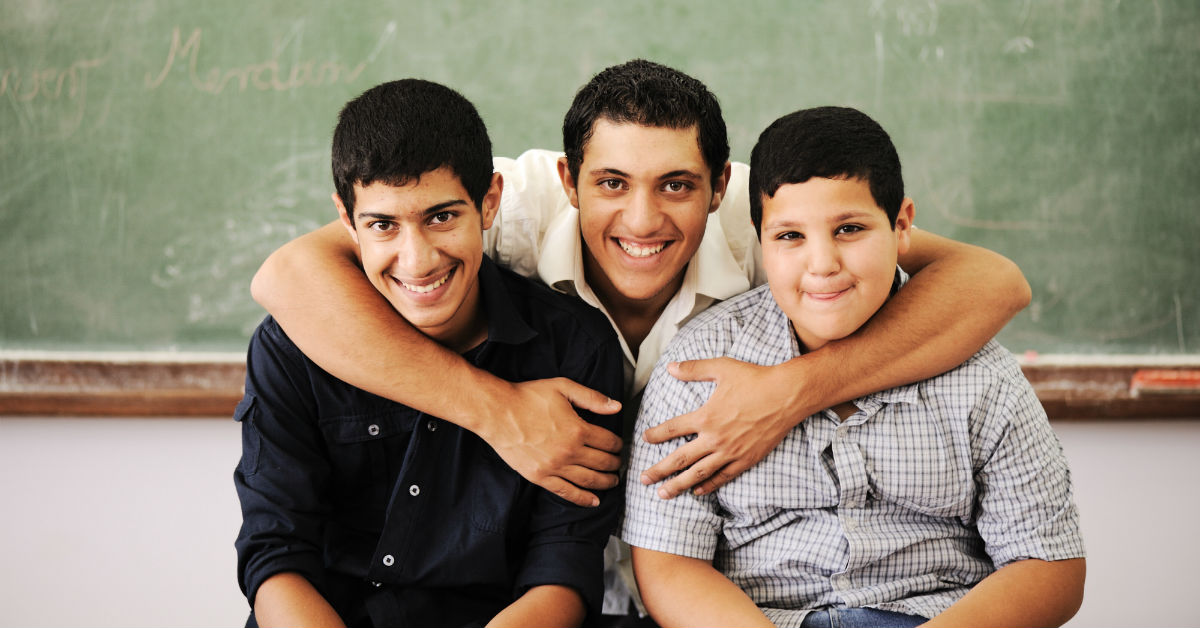Every year in the United States, countless parents of teenage boys find themselves engaged in the struggle of their lives. Their teens have become openly defiant to them, as well to all authority figures in their life. These parents are at a loss. They have no clue what steps they should take to get their sons back on track.
What most of these parents don’t realize is that many of these defiant teen boys are actually plagued with ODD—Oppositional Defiant Disorder. Symptoms include refusing to follow instructions, frequent loss of temper, refusing to assume any responsibility, blaming others when they are clearly to blame, constant anger and always pushing the limits when it comes to parental authority. These symptoms are first observed at home, but before long will become obvious at school as well. . A psychologist or therapist has likely been utilized by now, and hopefully an ODD diagnosis is forthcoming. It’s at this point that parents need to have a plan in place. Quite often that plan includes a boarding school that specializes in teens with these issues.
Troubled Teen Programs
Within the boarding school setting, programs are created to help struggling teens. Each program addresses specific issues that have led to them acting out in the way they have been before entering the school. The following are some of the programs that can be included:
Cognitive-Behavioral
This type of program focuses on what troubled teens think about and how those thoughts influence their actions. Many times, it is possible to change teens’ thoughts in a way that will result in positive behaviors that will be much more helpful to them now and into the future. Studies have found that cognitive-behavior programs are highly beneficial to at-risk youth.
Psychotherapy
Children in psychotherapy can benefit by learning how their psyche has been affected by trauma they’ve experienced. Research shows children who experience trauma early in life are less likely to have impulse control later on, and that is the reason many teens have so much trouble. With psychotherapy, teens can uncover the reasons for their actions and work on the deep-rooted issues they have, so they can move on in life with better coping strategies.
Peer Groups
Peers are some teens’ biggest struggles. The pressure friends have can be unrelenting. Understanding that peers can have a positive effect is important to learn, so that when entering the “real world,” troubled youth can identify which friends are better for them to engage with versus those who may lead them astray into criminal activities and other risks.
It’s imperative that parents speak with their son’s therapist or counselor and work as a team when considering these types of programs. The goal is always successful reintegration—not alienation. This often finds parents walking a very fine line.











0 Comments